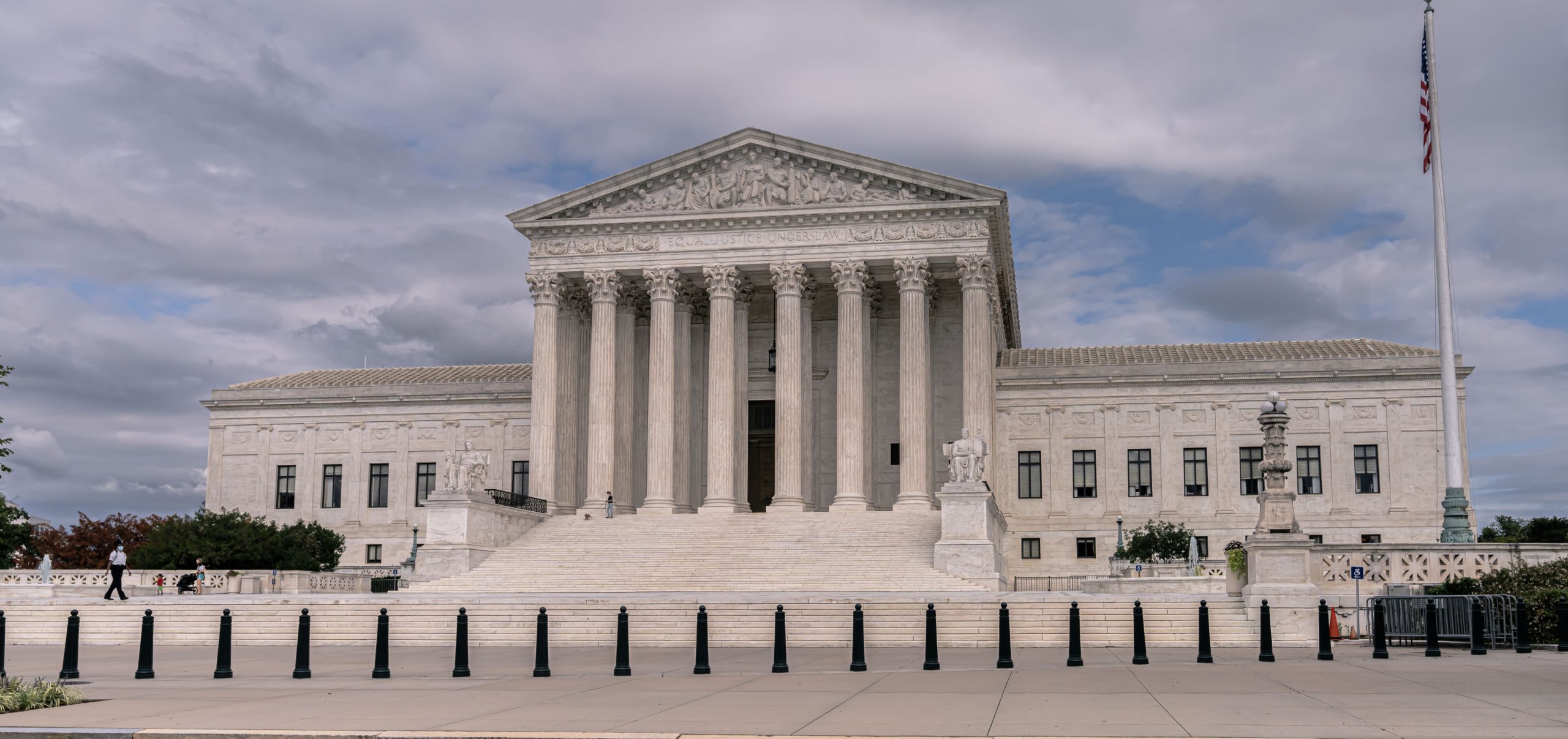This week’s highlights
- Another lawyer is suspended for coaching a client over video chat
- Australian mining billionaire files criminal charges against Facebook for offenses against anti money laundering laws
- California’s Supreme Court places a higher burden on employers when employees claim retaliation for whistleblowing
- A New York-based tech company sues their co-founder for allegedly hacking the company after resigning
Attorney suspended for using chat function coaching client over GoToMeeting
A lawyer in Arizona received a two-month suspension after he allegedly used the chat function to coach his client during a virtual trial over GoToMeeting. Attorney Ryan Patrick Claridge will serve his suspension beginning on March 1, then he will be subject to a two-year probationary period.
[Judge] Marwil didn’t discover that Claridge appeared to be coaching his client until she reviewed the chat. Claridge’s messages directed his client “to provide specific, substantive answers to specific questions that were being asked of her,” according to the agreement for discipline by consent. Marwil told Claridge to stop. Claridge agreed but allegedly said to the judge: “It would be the same as if I shook my head in the courtroom.” (Via ABA Journal)
Claridge conditionally admits that he violated ethics rules and owns that his conduct was inappropriate. However, his attorney points out that this happened at the beginning of the pandemic when most of the legal profession was still struggling with the protocols for video trials.
Australian billionaire brings criminal charges against Facebook
Andrew Forrest, a mining magnate from Australia, has launched criminal proceedings against Facebook. Forrest alleges that his name and likeness were used on the platform to scam and defraud Facebook users out of millions of dollars, and that Facebook is in violation of Australia’s anti-money laundering laws.
Forrest has also filed civil action against Facebook in California courts.
The three criminal charges allege Facebook was criminally reckless by not taking sufficient steps to stop criminals from using its social media platform to send scam advertisements for cryptocurrencies and investments to defraud Australian users, according to a statement from Forrest’s representatives. The Magistrates Court of Western Australia has not released the documents relating to the case and Forrest’s representatives said they were unable to release them. (Via The National Law Journal)
Before filing charges, Forrest asked Facebook to take action to stop criminal activity in his name. These requests included an open letter to Facebook founder Mark Zuckerberg in November 2019.
California’s Supreme Court places a higher burden on employers to demonstrate by clear and convincing evidence that they did not retaliate against whistleblowers
The California Supreme Court provided clarification to lower courts regarding Lawson v. PPG Architectural Finishes, Inc. The Supreme Court specified that California Labor Code section 1102.6, rather than the McDonnell Douglas test, must be used in whistleblower claim evaluations.
This means that employees have a lower burden to demonstrate that their whistleblowing actions resulted in adverse action from their employer. Employers have a higher burden to demonstrate by clear and convincing evidence that they did not retaliate.
Labor Code section 1102.6 requires that an employee bringing claims under Labor Code section 1102.5 for whistleblowing activities1 shows by a preponderance of the evidence that retaliation was a contributing factor in the employer’s adverse employment action. The burden then shifts to the employer to demonstrate by clear and convincing evidence that it would have taken the same action for legitimate, independent reasons even if the employee had not engaged in activities protected under Labor Code section 1102.5. (Via The National Law Review)
New York tech company sues co-founder for alleged hacking attempt
CXO Nexus, Inc. has sued its co-founder and former CTO Theran Lee for alleged violation of the Computer Fraud and Abuse Act.
The suit, filed by Hunton Andrews Kurth, accuses Theran Lee of accessing the company’s computer systems without authorization following his resignation and making changes to critical access settings. Counsel have not yet appeared for Lee. The case is 3:22-cv-00672, Cxo Nexus, Inc. v. Lee. (Via The Recorder by Law.com)
The alleged hack occurred after Lee resigned from the company. This is a developing story.






